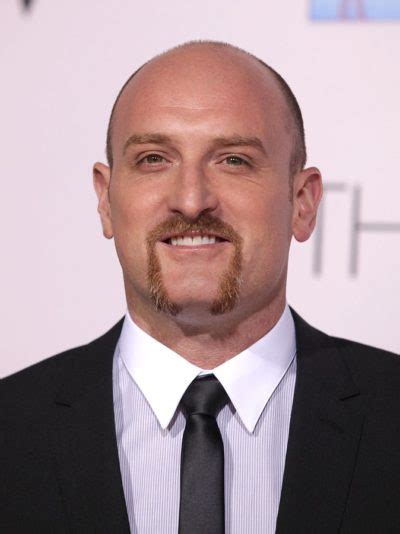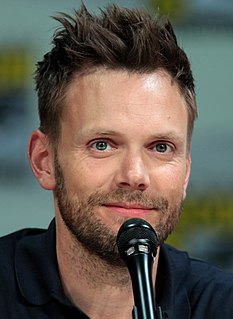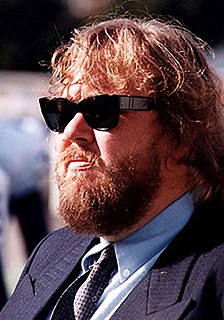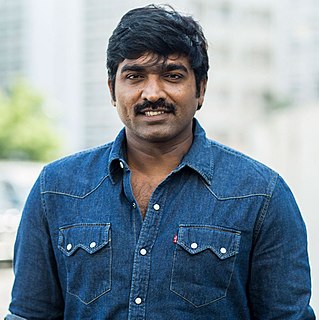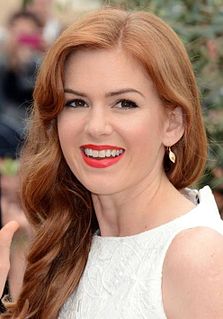A Quote by Richard Attenborough
You act in a movie, and at the end of the day, the director and editor decide what your performance is.
Related Quotes
You can give the greatest performance possible, but if you don't have a director who's pointing the camera in the right direction and an editor who's editing it properly, it doesn't matter what you do. The director and the editor are the most important people. Not the actors. Sometimes the writer is important. But if you don't have a good director, you can't have a good production.
One of the good things is the relationship between director and editor used to be more contentious. Studios used to leave directors alone more during the post production process and now they're clamoring to get in. So, the director and the editor end up teaming up sort of against the studio to fight what they're doing and you lose the creative tension that you used to have between an editor and a director.
The director is the most important because, ultimately, as an actor, when you watch a movie, it looks like an actor is giving a performance, and they kind of are. But, what's actually happening is that an actor has given a bunch of ingredients over to a director, who then constructs a performance. That's movie-making.
I love Ron Howard, he's a wonderful director, incredibly prepared. But I have to criticize my performance in that movie. It all took place in one day. My character was having a bad day, so she's having a bad day throughout the whole movie. But this was a comedy, and I think I was too serious, too dense. Yes, I think that describes my failure there.
I've never acted before in a movie I've directed. This felt like the time to do it just because the " Leaves of Grass" movie itself is so much of a platform for the lead actor. It's really written for an exciting performance and it really depends on the audience watching an extraordinary actor having a great time pulling off this feat. It makes sense to me as a director to act in support of that.
Rahman is very very director friendly. He is ever ready to go whichever the director wants, the story wants, depending on the kind of movie or the music you want, and within that he finds his niche. It is a constantly complementary process. At the end of the day he is not pleasing you, he has to please himself.



